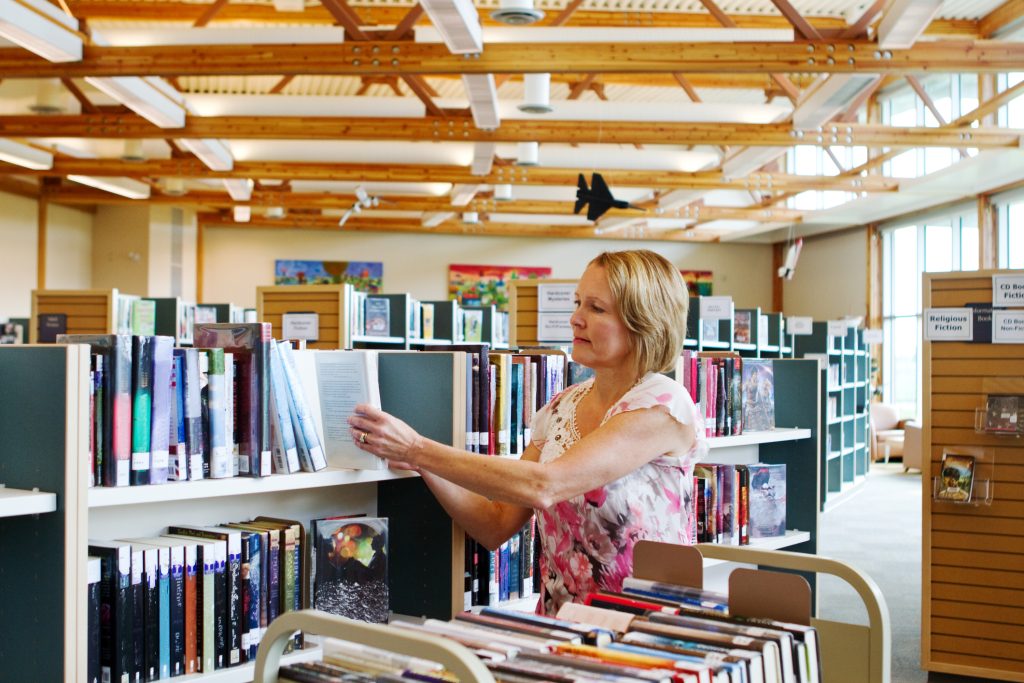
Research done in the last 40 years confirms the power of providing “a rich supply of storybooks,” otherwise known as fiction. Studies consistently show those who do more pleasure reading have higher competence in reading, vocabulary, writing, and spelling (Krashen, 2004), and we also know most of the voluntary reading people do is fiction (confirmed by best-seller lists and data on library withdrawals).
There is also evidence that reading fiction not only contributes to everyday language but also to academic literacy; books popular with young readers contain a considarable amount of academic vocabulary, and it appears in sufficient quantity that acquisition is likely (McQuillan, 2019, 2020).
More reading also leads to more knowledge of history, literature, and science, as well as practical matters (e.g., West, Stanovich, and Mitchell, 1993). In my opinion, if you want to learn more about how our legal system works, a good way to do it is to read novels by John Grisham. The obvious way to ensure access to “high-interest storybooks” as well as important nonfiction is through public and school libraries. Researchers today have confirmed many times that students attending schools with better libraries (larger collections and staffed with credentialed school librarians) do better on measures of reading and subject matter (Kachel, 2020). In one study, school library quality was the best predictor on a standardized US history test, which confirms the value of reading fiction for knowledge of history (Achterman, 2008). Research also tells us that quality local public libraries have a positive influence on school performance. For example, Lance and Marks (2008) reported that “the greater the amount of circulated materials and the greater the attendance at library programs, the more likely kids will do well in reading.”
For many readers, the only place they have access to books is the library. Unfortunately, in the last ten years the number of librarians in public libraries has declined by 20% (Lance and Kachel, 2021). This goes against Lance and Kachel (2018), who conclude that “in… statewide studies, the most substantial and consistent finding is a positive relationship between full-time, qualified school librarians and scores on standards-based language arts, reading, and writing tests, regardless of student demographics and school characteristics.”
The change I would like to see, the change we need to make: greater investment in school and public libraries and librarians.
References available at https://www.languagemagazine.com/krashen-january-22-references/
Stephen Krashen is professor emeritus, Rossier School of Education, University of Southern California.







